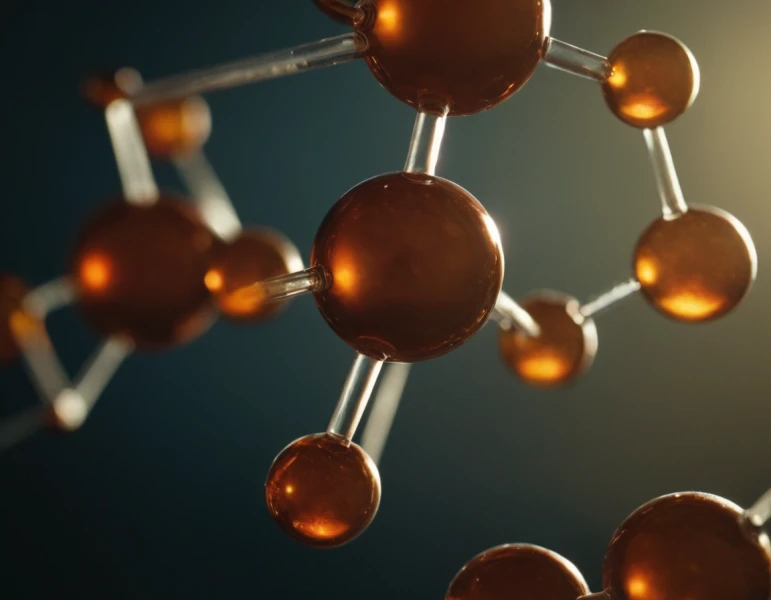Educa UNIVERSITY|SCIENCE AND ENGINEERING
What is Organic Chemistry? The Complete Guide
Related Masters
What is Organic Chemistry? The Complete Guide
Introduction
The organic chemistry is something that many see as a simple set of compounds or formulas... but I, Carlos Hidalgo, will tell you that it is much more. This science is about life, creation and, above all, transformation.
What is organic chemistry?
Organic chemistry, broadly speaking, is the science that studies carbon compounds. These compounds are not just anything: they form the basis of life and, thanks to them, we have everything from the medicines that cure us to the plastics and fuels we use every day. And do you know why? Carbon is the only element that can form infinite combinations with other atoms.

Brief History of Organic Chemistry
Organic chemistry as an independent science began with the discovery of the German chemist Friedrich Wöhler in the 19th century, when he succeeded in synthesizing urea, an organic compound, from inorganic elements. This was a before and after. Until that time, it was believed that organic compounds were only produced in living organisms (the so-called "life force"). But you see how things changed.
Main Types of Organic Compounds
Hydrocarbons: These are the simplest compounds, consisting only of carbon and hydrogen. They are divided into alkanes, alkenes and alkynes, according to the type of bond they present.
Aromatic Compounds: Yes, like odors. These compounds have special structures (known as benzene rings) and are essential in many everyday products, such as in the manufacture of medicines.
Alcohols, Ketones and Acids: Think alcohol in beverages or acetic acid in vinegar. These compounds are also vital to different industries and are present in countless everyday products.
Why Organic Chemistry is Important
The importance of organic chemistry extends far beyond theory and academic research. This science enables, for example, the creation of drugs, fuel development, polymers and even DNA studies. In addition, organic chemistry is essential for the production of plastics, detergents, paints and food. Without it, many modern advances would not be possible.
Everyday Applications of Organic Chemistry
Medicine: The creation of drugs depends on organic compounds. In fact, without organic chemistry, we would not be able to develop life-saving medicines every day.
Food Industry: From the creation of preservatives to artificial colors and flavors, everything depends on organic compounds.
Fuels: Petroleum and its derivatives (such as gas and gasoline) are hydrocarbons, products of organic chemical reactions that enable transportation and energy generation.
Construction Materials: Polymers and plastics, which are part of almost all modern products, are based on carbon chemistry.
Organic Chemistry in the Future
Organic chemistry promises more than new products; it seeks sustainable solutions. Today, chemists are working on creating biodegradable materials and replacing petroleum derivatives with renewable sources.
Organic chemistry promises more than new products; it seeks sustainable solutions.
Faculties
Trainings
The faculties embrace diverse academic disciplines and fields of study, opening doors to new perspectives and exploring different spheres of wisdom in a constantly evolving world.














